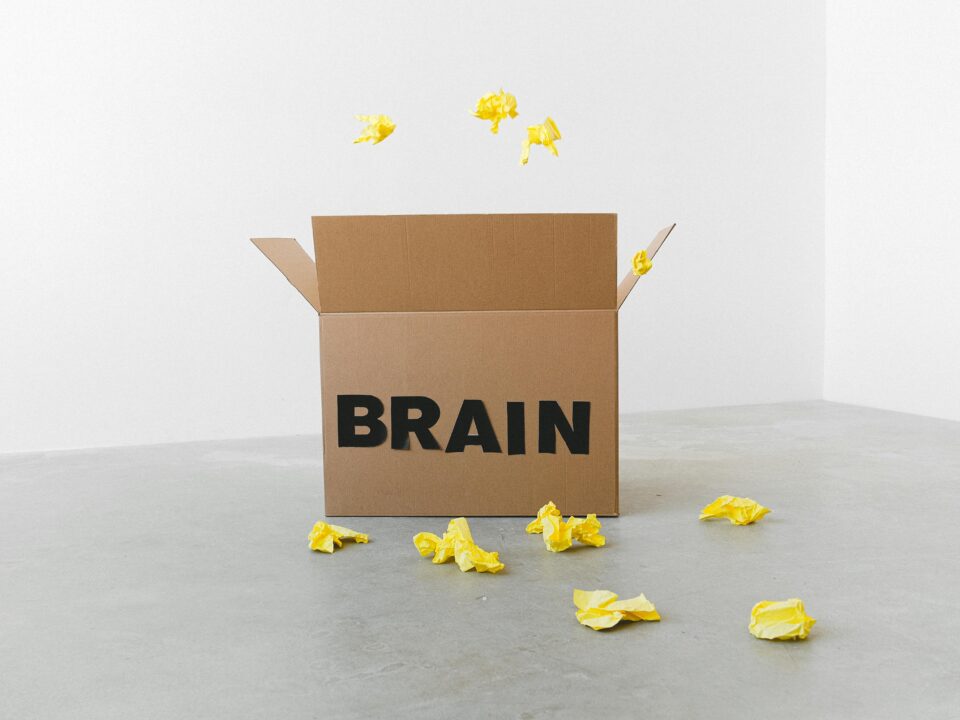Dyslexia & Relationships: Living with someone who has dyslexia

Featured image by Arina Krasnikova, Pexels.com
If you’re in a relationship with someone whose brain works quite differently from yours, it can be challenging. Find out more here about dyslexia and relationships and what can help.
Does being dyslexic affect relationships?

Image by Kampus Production, Pexels.com
A dyslexic partner can find it hard “to remember appointments or meetings” or estimate how long a task will take as well as struggle to read and write. This can cause confusion and frustration from a non-dyslexic partner, especially if the partners live together or are raising a family.
In extreme cases, living with a dyslexic partner can ultimately lead to break-ups, separation or divorce. One example of this is when Kevinx41 had routines in place that worked for him, but they got on his ex-wife’s nerves “and they changed her for the worse.” Kevinx41 and his ex-wife ended up getting divorced.
How to effectively communicate with a dyslexic partner

Image by Ketut Subiyanto, Pexels.com
- Give instructions in the form of voice memos, such as in the built-in Voice Memos app on portable Apple devices.
- Use simple sentences as instructions.
- Empathise with your dyslexic partner without displaying any undue sympathy.
- Encourage them to add special dates such as birthdays and anniversaries to digital or manual calendars or set reminders for them.
- Be cautious when your dyslexic partner shows low self-esteem or self-pity.
- Use landmarks such as a popular fast-food restaurant chain rather than compass points (e.g., north, south, east and west) or specific directions (e.g., left and right) when directing your dyslexic partner to an unfamiliar place.
- Encourage them to learn about a topic of interest in alternative ways to reading and writing, such as watching a nature documentary on TV.
- If your partner is interested in fictional books, offer to read them out aloud or encourage your partner to download and listen to audiobooks.
How can dyslexia affect emotions in adults?

Image by SHVETS production, Pexels.com
Dyslexic adults can experience emotions such as anxiety, anger and depression. A dyslexic partner may take their anger out on their non-dyslexic partner or feel too anxious or depressed to spend any time with them.
Adults with dyslexia can also feel confused, bewildered, embarrassed, ashamed and guilty. One way that these feelings can affect relationships is that a dyslexic adult could find being in a relationship with or married to a person without dyslexia embarrassing.
On a more positive note, adults with dyslexia can feel relieved, determined and helpful if their non-dyslexic partner is helpful, reassuring and understanding.
If you experience any of these traits, try taking our online dyslexia test.




